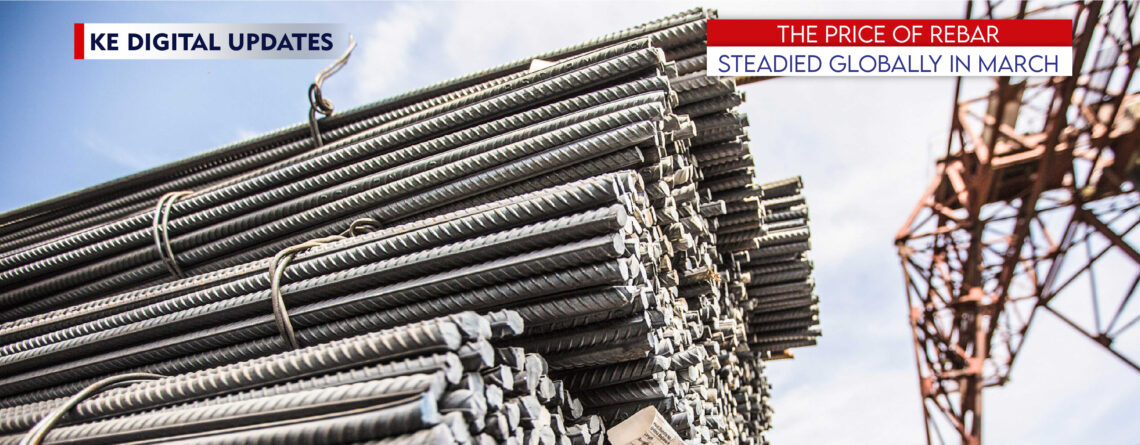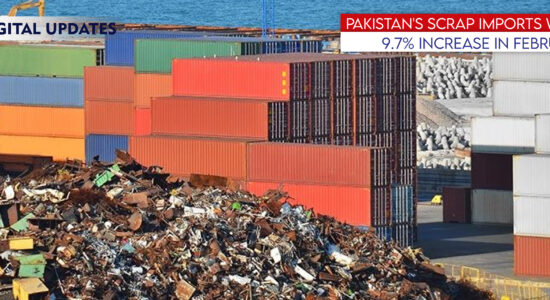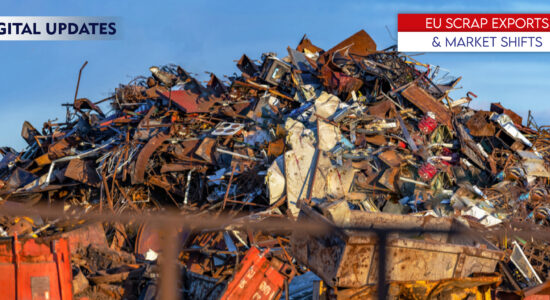In March, global markets for steel rebar—a vital material in construction—witnessed stabilization after fluctuating earlier in the month. Regional dynamics varied significantly, reflecting the diverse factors influencing pricing, demand, and production.
India: Prices Hold Despite Market Challenges
Indian rebar prices remained unchanged at $657 per ton (EXW Mumbai) from March 21 to 29, following an earlier rise of $41 per ton. This steady pricing reflects a brief pause after an upward trend earlier in the month, driven by market dynamics and seasonal activity.
Local construction companies are actively stockpiling rebar in anticipation of future price hikes. If authorities introduce a 12% import duty on rolled steel, this could drive up the rebar cost, incentivizing preemptive buying. The decision is yet to be finalized, but companies are hedging against potential market disruptions.
The demand for rebar in India is bolstered by ongoing growth in the construction sector. The Reserve Bank of India estimates an 8.6% growth rate in construction activities for the fiscal year 2024-2025, marking one of the strongest industry performances. Improved demand for metal-intensive housing and infrastructure projects will likely contribute to continued market expansion in 2025, with steel demand projected to rise by 8-9%.
China: Price Decline Amid Weak Sentiment
In China, rebar prices fell by $6 per ton from March 14 to 28, settling at $430 per ton (FOT). Over the month, the product saw a total drop of $12 per ton. Despite announcements of production cuts from two major metallurgical plants in Xinjiang, buyer sentiment remained weak. The market speculated that production cuts might extend to other regions, yet this did not substantially influence rebar purchasing activity.
The Chinese government has implemented measures to stimulate construction projects across the infrastructure, industrial, and energy sectors. However, these efforts are insufficient to counterbalance the systemic crisis in housing construction—a factor that continues to weigh heavily on rebar demand.
Turkey: Marginal Price Increase Amid Stagnant Sales
Turkish rebar prices rose modestly by $5 per ton between March 11 and 29, reaching $572 per ton (FOB). This increase responded to higher scrap prices as producers attempted to pass on rising input costs to buyers. However, this effort was largely unsuccessful, with demand remaining limited in domestic and export markets.
Turkish construction companies are opting for more cost-effective import options in this context. Notably, a metallurgical plant in Algeria offers rebar to Turkish buyers at $555 per ton (FOB), making imported products more attractive.
Italy: Steady Rise Faces Buyer Resistance
Italian rebar prices also experienced a €5 per ton increase from March 14 to 28, returning to €565 per ton (EXW)—the level seen at the start of the month. Despite this growth, market participants have been hesitant to accept higher prices, leading to resistance from buyers unwilling to pay premiums.
Outlook for 2025
Looking ahead, India’s steel industry is poised for significant growth. The transition to metal-intensive construction in the housing and infrastructure sectors will drive demand further. Coupled with rising requirements from mechanical engineering and packaging production, the Indian market presents strong prospects for the coming year.
While global rebar markets stabilized in March, regional differences highlight the complexities of supply and demand dynamics. Whether steady pricing leads to growth or stagnation will depend mainly on broader economic factors and industry-specific construction, production, and trade trends.





Leave a Reply